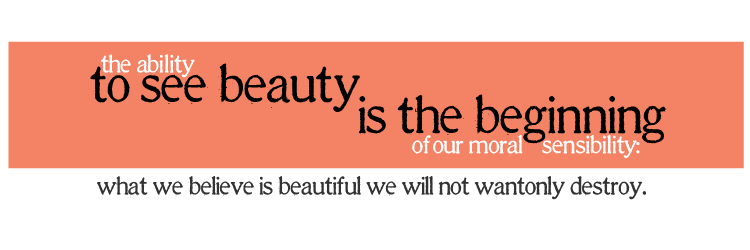manifesto & values
manifesto & values
Junket was started as a business committed to operating successfully in a resource-constrained future, and we have worked from within that lens for nearly a decade. During this time, we have gotten clear about a few things:
We value a habitable planet.
We value alignment between words and actions.
We take personal responsibility.
We value human potential and creativity.
We value community and collaboration.
We value our youth.
In addition,
1. If a business can not be profitable without taking unfair advantage of people and/or shared resources, then the business is, by definition, non-viable, and should cease to exist.
2. The existing reuse market lacks the complexity and specificity that allows people to easily find specific items quickly & easily. Yet, if we were to put half as much energy into developing a redistribution system for SKU-level used goods as big box retailers have put into their new product supply chains, we would have world-class availability of the most sustainable goods possible (the ones that already exist).
3. We are each – and all – responsible for the full life cycle of the things we choose to allow into our lives.
4. When people have the information we need to make the right decisions – combined with easier, more satisfying access to the products and services underpinning these wiser decisions – we’ll have cracked the ‘how do we keep it in the ground?’ carbon code.
We- in America – are well behind the rest of the industrialized world when it comes to developing basic climate literacy.
In order to help facilitate the development of cultural competency around greenhouse gas emissions, we’ve developed the following ethical guidance for those who want to operate in keeping with our planet’s carbon constraints:
Refusal & Consent
A brief social manifesto for the responsible divestment of material resources
(or)
How to take personal responsibility for your unwanted stuff in six easy steps.
ONE: We are each responsible for the remaining product lifecycle of the things we allow into our lives – and for everything purchased new, we are directly accountable for the upstream production impacts, as well (resource depletion, carbon emissions, and labor violations included).
TWO: When we choose to divest of our stuff, we are 100% responsible for the outcome of each choice.
THREE: It takes work to find someone who can/will make use of things that we don’t need/no longer want. Choosing not to collaboratively transfer resources is an abdication of social responsibility: existing goods are, quite literally, embodied energy and should be treated accordingly.
FOUR: The transfer of stuff is an exchange between people. Communication is critical.
FIVE: Dumping stuff on other people is non-consensual. Just because you want to get rid of something doesn’t mean that someone else wants to receive it. This includes but is not limited to secondhand donations, family mementos, product packaging and in some cases, ‘gifts.’
SIX: Some people will say ‘no’ to your gift of stuff. This is their prerogative. If they say ‘no,’ listen to them. Respect their boundaries. Allow them agency. As in other realms of interpersonal conduct, consent is sexy!
WHOOPS! SEVEN: To avoid throwing away useful things, our responsibility rests upstream and in advance – with thoughtful, incremental decisions about whether to allow these things into our lives in the first place.

